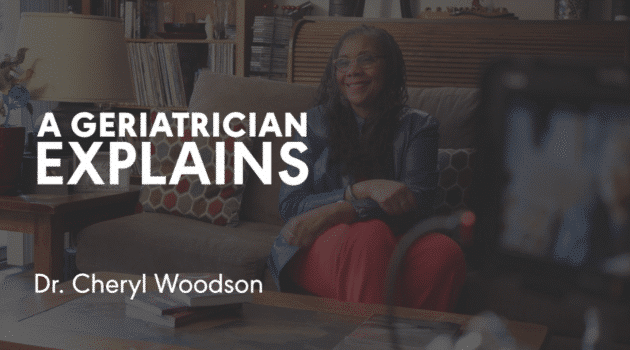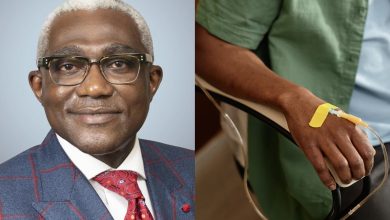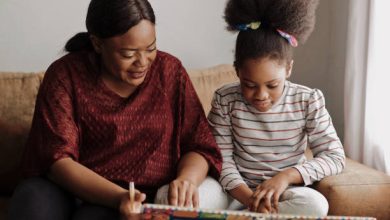A Geriatrician Explains: Why Self-Care Is Non-Negotiable for Caregivers – BlackDoctor.org

For millions of Americans, caregiving isn’t just an act of love—it’s a full-time responsibility that can take a toll on your body, mind, and spirit. Today’s caregivers often find themselves caring for parents, grandparents, spouses, and even great-grandchildren all at once—a “multi-decker sandwich generation” juggling more than ever before.
In this video, Dr. Cheryl E. Woodson, author of To Survive Caregiving, shares a vital truth drawn from both her professional experience and her years caring for her own mother: you must put your mask on first. Just as flight attendants remind passengers to secure their own oxygen mask before helping others, caregivers must care for themselves to effectively care for someone else.
The Heart of “Put Your Mask On First”
As the fifth key to caregiver survival, this lesson is a powerful reminder that self-care is not selfish—it’s survival. Dr. Woodson outlines practical and emotional steps every caregiver can take:
Find Joy in the Journey
Caregivers must intentionally make time for joy. Whether it’s lunch with a friend, a Bible study, or ten quiet minutes with a favorite book, these moments restore energy and hope. Regular, meaningful activities serve as emotional anchors through difficult times.
Accept and Value Help
No one can do it all alone. Dr. Woodson encourages caregivers to ask for help, accept it, and appreciate it—even if it’s not done “your way.” Helpers may not handle every task perfectly, but their efforts matter. True strength comes from letting go of control and allowing others to share the load.
Recognize Burnout Early
Irritability, fatigue, isolation, and loss of concentration are all early signs of caregiver burnout. These symptoms shouldn’t be ignored. Seeking counseling or talking with a trusted friend or pastor can provide relief and perspective before exhaustion leads to serious mistakes or emotional collapse.
Seek Counseling and Community Resources
Faith and therapy can work hand in hand. As Dr. Woodson says, “Counseling clarifies what you need to pray about.” She also points caregivers to practical tools like the National Council on Aging’s BenefitsCheckUp and local Departments on Aging to find financial, medical, and emotional support.
Finding Strength Beyond Survival
Through compassion, honesty, and lived experience, Dr. Woodson’s message reminds caregivers that maintaining their own well-being is the foundation of effective care. She likens life to juggling balls labeled boss, wife, mother, and daughter—but warns that the ball marked me often lies broken at our feet. Without tending to that “me” ball, all the others will eventually fall.
The takeaway? When you protect your own health, spirit, and joy, you don’t just survive caregiving—you thrive through it. By putting your mask on first, you preserve the strength and heart it takes to continue caring for others with love, patience, and grace.




